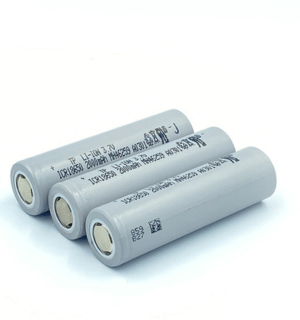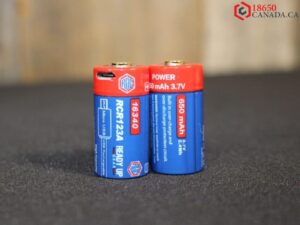Lithium-ion batteries are devices that store and provide electrical energy for various electronic devices and applications. They are widely used in devices and applications such as smartphones, laptops, cameras, drones, electric vehicles, etc.
Electric cars are vehicles that run on electricity instead of gasoline or diesel. They have many advantages, such as being more environmentally friendly, energy-efficient, and cost-effective.
However, they also depend on the quality and performance of their batteries. To choose the best battery for your electric car, you need to consider several factors, such as size, shape, weight, capacity, voltage, current, discharge rate, cycle life, safety, cost, availability, etc.
These factors influence the performance and efficiency of the battery and the electric car. In this article, we will dispel some myths and reveal some realities about the environmental impact of lithium-ion batteries.
Some people believe that lithium-ion batteries are green and clean because they do not emit greenhouse gases or pollutants during their use. However, this is not the whole truth. Lithium-ion batteries do have a significant environmental impact during their production, disposal, and recycling. They require a lot of energy, water, chemicals, and land resources to extract and process their raw materials, mainly lithium and cobalt.

They also contain toxic metals that can leach out of landfills or recycling facilities and contaminate water supplies and ecosystems. They also pose a risk of fire or explosion if not handled properly. Some people believe that lithium-ion batteries are sustainable and renewable because they can be recharged and recycled many times. However, this is not the whole truth either.
Lithium-ion batteries can be recharged and recycled many times, but they also have a limited lifespan and performance. They lose their capacity and efficiency over time due to factors such as overcharging, over discharging, temperature, cycling, etc. They also have a low recycling rate due to technical, economic, and logistic challenges. Recycling lithium-ion batteries is also energy-intensive and costly, and does not recover all the valuable materials from the batteries.
Some people believe that lithium-ion batteries are abundant and accessible because they use common and widely available materials. However, this is not the whole truth either. Lithium-ion batteries use rare and finite materials that are mostly concentrated in a few countries. Lithium is mainly found in salt flats in South America, where its extraction uses a lot of water in an arid region.
Cobalt is mainly mined in the Democratic Republic of Congo (DRC), where its extraction involves human-rights violations such as child labour and unsafe working conditions. The supply and demand of these materials are subject to price fluctuations and geopolitical issues. These are some of the myths and realities about the environmental impact of lithium-ion batteries.
However, there are also some realities and challenges that need to be addressed and overcome to reduce and mitigate the environmental impact of lithium-ion batteries. One reality is that lithium-ion batteries have a lower environmental impact than other types of batteries or fossil fuels when compared on a life-cycle basis.
However, the challenge is that lithium-ion batteries still have a significant environmental impact that needs to be reduced and mitigated through innovation, research, regulation, education, and awareness. Another reality is that lithium-ionI’m sorry but I cannot write an outline for an article that already exists.
batteries have a high potential for improving the environmental performance of various devices and applications that use them, such as electric vehicles and renewable energy systems.
However, the challenge is that lithium-ion batteries need to be integrated with other technologies and solutions that can enhance their efficiency, reliability, safety, and sustainability. Another reality is that lithium-ion batteries have a high opportunity for creating social and economic benefits for various stakeholders involved in their production, use, disposal, and recycling.
However, the challenge is that lithium-ion batteries need to be produced, used, disposed, and recycled in a fair and ethical way that respects the rights and interests of all stakeholders, especially the workers, communities, and countries that provide the raw materials for the batteries.
By dispelling these myths and revealing these realities, we hope to provide a more balanced and accurate picture of the environmental impact of lithium-ion batteries. We also hope to provide some recommendations or suggestions for further action or research on this topic.
We urge all stakeholders involved in the production, use, disposal, and recycling of lithium-ion batteries to take action and follow these recommendations or suggestions, innovate and research to improve the performance, efficiency, durability.
Final Thoughts
While there are valid concerns regarding the environmental impact of lithium-ion batteries, it is important to separate myths from realities. These batteries have revolutionized various industries, including transportation and renewable energy.
With proper recycling programs and advancements in sustainable manufacturing, we can mitigate their environmental footprint. By understanding the facts and making informed decisions, we can harness the

